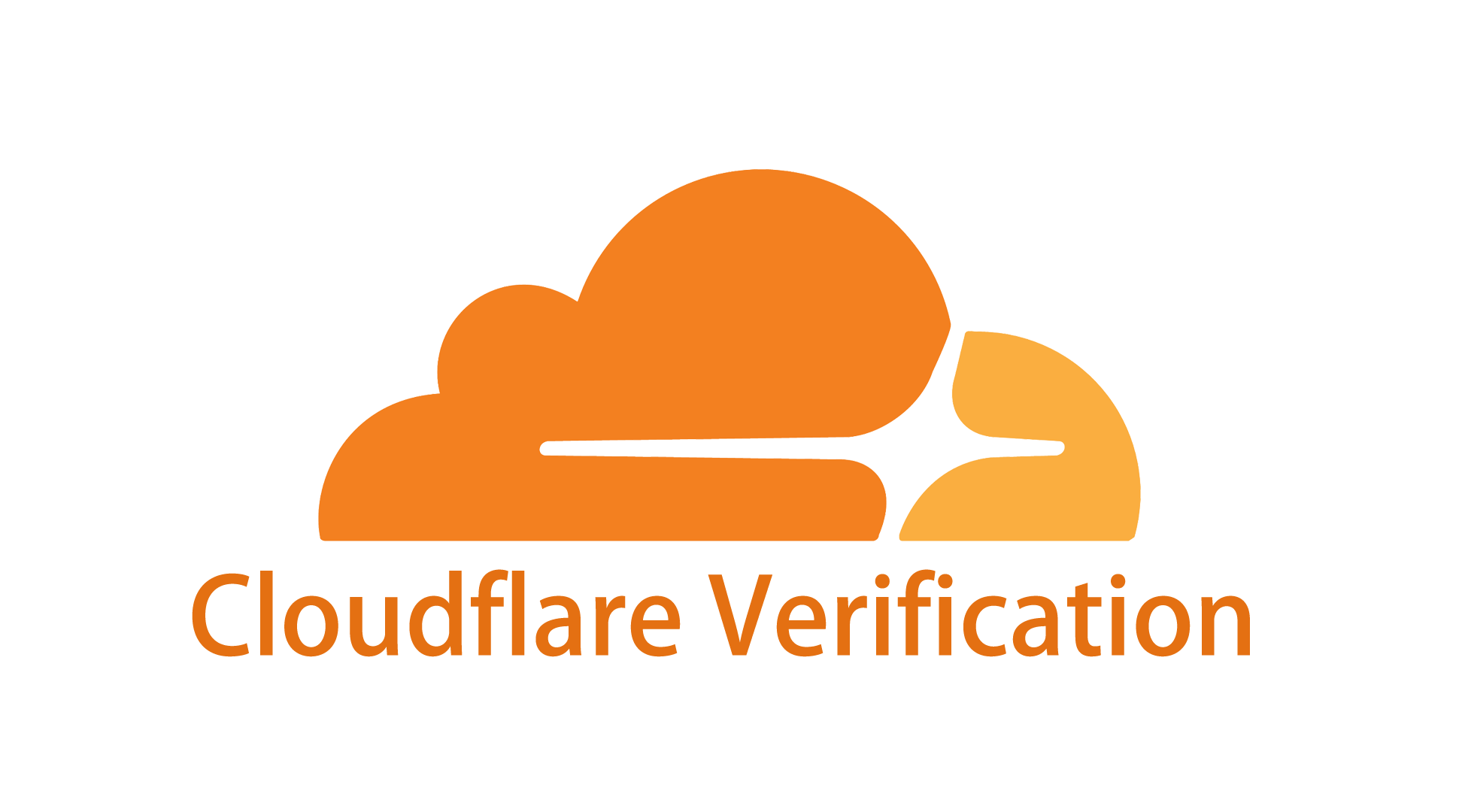A Comprehensive Guide to Static and Rotating Proxies
In today's digital landscape, proxies play a vital role in online security, privacy, and data collection. Among the various types, static and rotating proxies are commonly used, each serving distinct purposes. This guide will explore the differences between these two proxy types, helping you make an informed choice based on your specific needs.
Proxies act as intermediaries between users and the internet, allowing for enhanced privacy and security. Understanding the nuances between static and rotating proxies is essential for optimizing their usage.
Static proxies provide a single, fixed IP address that remains constant with each connection. These proxies are ideal for applications requiring stability.
IP Consistency: Static proxies maintain the same IP address, making them reliable for long-term connections. Types: They can be datacenter proxies (from dedicated servers) or ISP proxies (from internet service providers).
Reliability: Ideal for maintaining connections with high-value accounts on platforms like eBay or Amazon. Simplicity: No need to manage frequent IP changes, making them user-friendly.
Limited IP Range: With only one IP, accessing certain websites that block static addresses can be challenging. Detection Risk: Fixed IPs are easier to identify and block if linked to unwanted activities.
Rotating proxies automatically change the IP address at set intervals or after each request. This type is particularly useful for web scraping and managing multiple accounts.
Dynamic IP Assignment: Rotating proxies offer access to a large pool of IP addresses, reducing the chance of being blocked.
Variety: Access to numerous IP addresses helps minimize blocking risks. Automation: Automatic IP changes streamline access to multiple accounts or data sources.
Potential Speed Reduction: Frequent IP changes might slow down the connection. Shared IP Concerns: Multiple users can share the same IP, risking reputation if the IP is blacklisted.
| Feature | Static Proxies | Rotating Proxies |
|---|---|---|
| IP Type | Fixed IP | Dynamic IPs |
| Number of IPs | Single IP | Multiple IPs |
| Speed | Generally faster | May be slower |
| Cost | more expensive | cheaper |
| Connection Method | Direct connection | Server-managed IP selection |
| Privacy Level | Shared or dedicated | Primarily shared |
| IP Failure Handling | Fails if the IP is down | Switches to a different IP |
-
Static Proxy is Ideal When: Long-term connections are necessary. Stability and ease of use are prioritized.
-
Rotating Proxy is Best When: Frequent access to multiple accounts is required. Minimizing blocking risks is a priority.
Choosing a reliable proxy provider is crucial. Here are some top recommendations:
![]()
-
Overview: Known for high reliability and stable speeds with static and rotating residential proxies.
-
IP Pool: 150M+ Residential Proxies from 190+ Countries.
-
Success Rate: 99.64% Request Success Rate.
-
Targeting: Offers city and State-based targeting but lacks ASN/ZIP targeting.
-
Speed: 50M-500M/S Speed.
-
Update: 99% Clean IPs.
-
Session Stability: Stickness residential proxy lasts 240 minutes.
-
Supports all use cases.
For more about How To Get Static And Rotating Residential Proxy From MoMoProxy
- Overview: Initially an affordable option, Smartproxy has grown to become a reputable proxy provider, particularly for social media managers, small scrapers, and businesses.
- IP Pool: Over 55 million residential IPs across 195+ countries.
- Features: Offers city and country-based targeting but lacks ASN/ZIP targeting. Provides straightforward proxy configuration using proprietary endpoints.
- Scalability: Uses a tiered system for sub-users, which may incur extra costs.
- Session Stability: Sticky sessions limited to 30 minutes, suitable for small to mid-scale operations.
- User Experience: More user-friendly for general users. Flexible options with both static and rotating proxies.
- Overview: A pioneer in residential proxies, Bright Data has established itself as a leading provider, focusing on ethical sourcing and reliability.
- IP Pool: Over 72 million residential IPs, also across 195+ countries, with a balanced pool including 350,000 unique US IPs.
- Features: Superior targeting options including ASN/ZIP targeting, and an advanced Proxy Manager app for customization and management.
- Scalability: No limits on sub-users, allowing better integration across departments without extra fees.
- Session Stability: Offers non-time-limited sessions with configurable auto-rotation, ideal for extensive data extraction tasks.
- User Experience: Better suited for enterprise users with experienced developers, providing extensive documentation and support.
Before committing, consider testing a small quantity to ensure the service meets your requirements.
Both static and rotating proxies have their own sets of advantages and disadvantages. Understanding these distinctions allows you to select the most suitable proxy for your objectives, whether for maintaining critical accounts or conducting large-scale data collection. Always evaluate providers carefully, as the quality of service significantly impacts your proxy experience.









